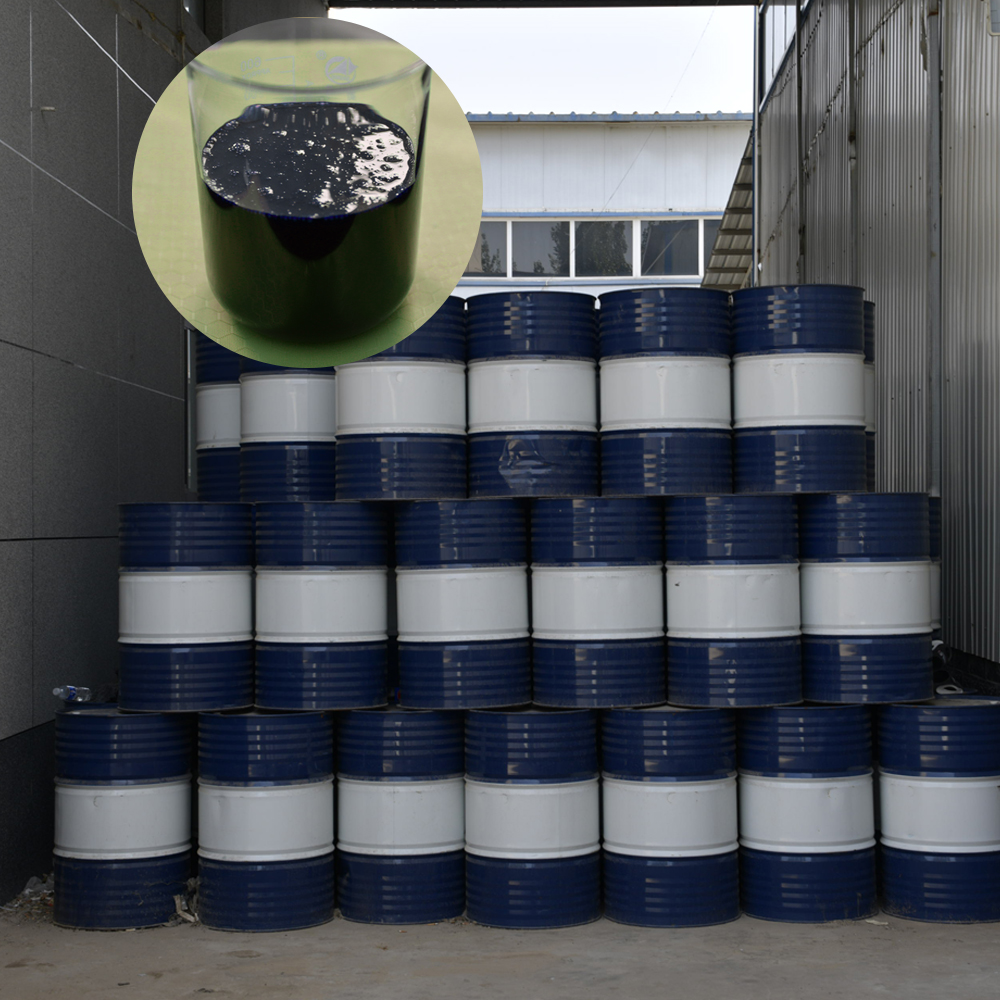Table of Contents
Benefits of Using Bitumen Grade Modifiers in Pavement Construction
Bitumen grade modifiers are a crucial component in pavement construction, as they play a significant role in enhancing the performance and durability of asphalt pavements. These modifiers are added to bitumen to improve its properties and make it more suitable for use in various pavement applications. One of the key benefits of using bitumen grade modifiers is their ability to enhance the fatigue resistance of asphalt pavements.
Fatigue cracking is a common issue in asphalt pavements, especially in high-traffic areas where the pavement is subjected to repeated loading and heavy vehicle traffic. Fatigue cracking can significantly reduce the lifespan of the pavement and Lead to costly repairs and maintenance. By using bitumen grade modifiers, engineers can improve the fatigue resistance of the asphalt pavement, thereby reducing the likelihood of fatigue cracking and extending the lifespan of the pavement.
Bitumen grade modifiers work by altering the rheological properties of the bitumen, making it more flexible and resistant to fatigue damage. These modifiers help to distribute the stress more evenly throughout the pavement structure, reducing the concentration of stress at specific points and minimizing the formation of cracks. As a result, asphalt pavements that are modified with bitumen grade modifiers exhibit improved resistance to fatigue cracking and have a longer service life.
In addition to enhancing fatigue resistance, bitumen grade modifiers also improve the overall performance of asphalt pavements. These modifiers can improve the rutting resistance of the pavement, reduce moisture susceptibility, and enhance the adhesion between the bitumen and aggregate particles. By using bitumen grade modifiers, engineers can create pavements that are more durable, resilient, and resistant to various forms of distress.
Another benefit of using bitumen grade modifiers in pavement construction is their ability to improve the sustainability of asphalt pavements. By enhancing the performance and durability of the pavement, these modifiers help to reduce the need for frequent repairs and maintenance, thereby extending the lifespan of the pavement and reducing the overall environmental impact of pavement construction. Additionally, by reducing the occurrence of fatigue cracking and other forms of distress, bitumen grade modifiers can help to minimize the use of natural resources and energy required for pavement maintenance and rehabilitation.
Overall, bitumen grade modifiers offer a wide range of benefits for pavement construction. These modifiers enhance the fatigue resistance of asphalt pavements, improve their overall performance, and increase their sustainability. By using bitumen grade modifiers, engineers can create pavements that are more durable, resilient, and cost-effective, ultimately leading to safer and more sustainable transportation infrastructure. As the demand for high-performance pavements continues to grow, the use of bitumen grade modifiers will become increasingly important in ensuring the long-term performance and durability of asphalt pavements.
The Role of Bitumen Pavement Fatigue Additives in Enhancing Road Durability
Bitumen grade modifiers, also known as bitumen pavement fatigue additives, play a crucial role in enhancing the durability of roads. These additives are designed to improve the performance of bitumen in asphalt mixtures, making them more resistant to fatigue cracking and other forms of distress. By incorporating these modifiers into the mix, engineers can create pavements that last longer and require less maintenance over time.
One of the key benefits of using bitumen grade modifiers is their ability to increase the stiffness of the asphalt mixture. This helps to reduce the amount of deformation that occurs under repeated loading, which is a common cause of fatigue cracking in pavements. By improving the stiffness of the mix, these additives can help to extend the service life of the road and reduce the need for costly repairs.
In addition to improving stiffness, bitumen grade modifiers can also enhance the elasticity of the asphalt mixture. This is important because it allows the pavement to better absorb and distribute the stresses that are placed on it, reducing the likelihood of cracking and other forms of distress. By increasing the elasticity of the mix, these additives can help to improve the overall performance of the pavement and make it more resistant to fatigue damage.
| Number | Product |
| 1 | paving mixtures |
Another important benefit of using bitumen grade modifiers is their ability to improve the adhesion between the bitumen and the aggregate in the asphalt mixture. This helps to create a stronger bond between the two materials, which can help to prevent the formation of cracks and other forms of distress. By enhancing adhesion, these additives can help to improve the overall durability of the pavement and reduce the risk of premature failure.

Bitumen grade modifiers can also help to improve the resistance of the asphalt mixture to moisture damage. By enhancing the waterproofing properties of the mix, these additives can help to prevent water from infiltrating the pavement and causing damage to the underlying layers. This can help to extend the service life of the road and reduce the need for costly repairs and maintenance.
Overall, bitumen grade modifiers play a crucial role in enhancing the durability of roads. By improving the stiffness, elasticity, adhesion, and moisture resistance of asphalt mixtures, these additives can help to create pavements that last longer and require less maintenance over time. Engineers and contractors should consider incorporating these modifiers into their asphalt mixes to improve the performance and longevity of their road projects. With the right combination of additives, it is possible to create pavements that are more resilient, sustainable, and cost-effective in the long run.

